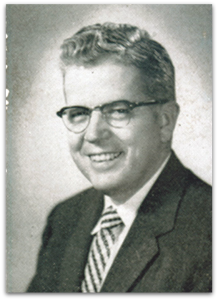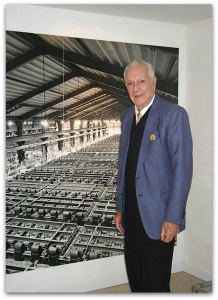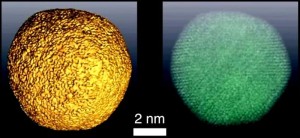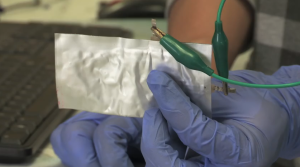 Henry B. Linford Award
Henry B. Linford Award
Henry B. Linford was a distinguished professor of chemical engineering at Columbia University and known for his work and research in electroplating and corrosion of metals. With a Society history dating back to 1936, Dr. Linford served as ECS secretary for 10 years and president of The Electrochemical Society from 1961-62.
Through his role as an educator and work in electroplating and corrosion, Dr. Linford became one of the most highly recognized members of ECS. In 1936, Henry B. Linford was awarded the Weston Fellowship of $1,000 from The Electrochemical Society. The Weston Fellowship remains an ECS award as part of the our Summer Fellowships program. Dr. Linford was also the recipient of the Acheson Medal and Prize in 1960.
The Henry B. Linford Award for Distinguished Teaching was established in 1981 for excellence in teaching in subject areas of interest to the Society and continues the cycle of recognition. Submit your nominations today.
Application Deadline: April 15, 2015.
 Vittorio de Nora Award
Vittorio de Nora Award
Electroless plating is the non-electrical plating of metals to achieve uniform coatings by a process of controlled autocatalytic reduction. We’ve seen a major expansion of electroless plating in plastics, as in the plating of printed electronic circuits. Today, a large number of consumer goods are coated by this method to create durable and attractive surfaces.
Electroless plating was co-discovered in 1944 by Dr. Abner Brenner who was also the first recipient of the ECS Vittorio de Nora Award. The de Nora Award was established in 1971 for contributions to the field of electrochemical engineering and technology. Submit your nominations today.
Application Deadline: April 15, 2015.
 ECS’s job board keeps you up-to-date with the latest career opportunities in electrochemical and solid state science. Check out the latest openings that have been added to the board.
ECS’s job board keeps you up-to-date with the latest career opportunities in electrochemical and solid state science. Check out the latest openings that have been added to the board.









